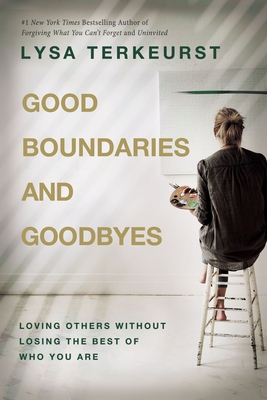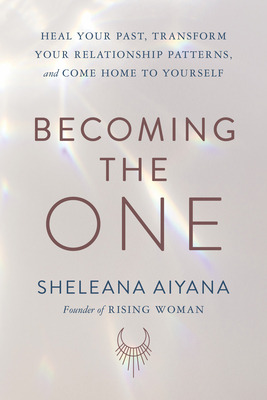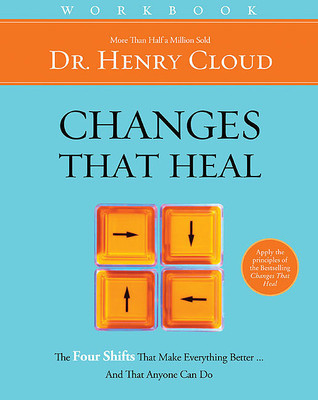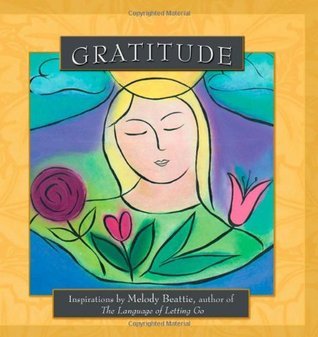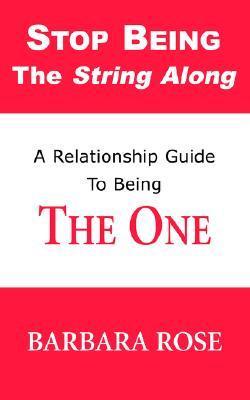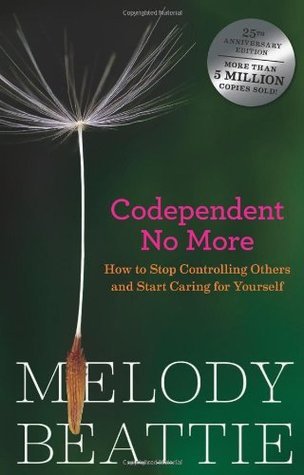
Codependent No More: How to Stop Controlling Others and Start Caring for Yourself
Book Description
Trapped in a whirlwind of emotional chaos, many people find themselves losing their identity to the needs of others. "Codependent No More" unveils the gripping journey from suffocating control to liberating self-care. With raw honesty and transformative insights, Melody Beattie illuminates the path to breaking free from toxic patterns and reclaiming personal power. Each page pulses with the urgency to shift from enabling behavior to embracing true compassion. This is not just a guide; it’s a lifeline for anyone desperate to navigate the storm of codependency. Are you ready to take the first step toward a healthier, more authentic life?
Quick Book Summary
"Codependent No More" by Melody Beattie is a transformative self-help guide for individuals struggling with codependency—an excessive emotional or psychological reliance on a partner, typically one struggling with addiction or emotional instability. Beattie draws upon her own experiences and those of others to illustrate how codependency manifests as attempts to control others, self-neglect, and compulsive caretaking. The book demystifies codependent behaviors, clarifies their origins in family systems, and offers step-by-step guidance to break free from these patterns. Beattie provides practical tools, such as setting healthy boundaries, practicing self-care, and cultivating self-awareness. At its core, "Codependent No More" empowers readers to reclaim their sense of self, develop compassion without enabling, and learn the art of letting go—ultimately guiding them toward healthier, more authentic relationships.
Summary of Key Ideas
Table of Contents
Understanding Codependency and Its Roots
Beattie opens by demystifying codependency, describing how it develops within relationships marked by addiction, dysfunction, or emotional instability. She explains that codependents often lose their sense of identity as their lives become intertwined with the well-being of others. Early family dynamics, trauma, and learned behaviors all contribute to codependent patterns. This foundation helps the reader recognize codependency as a widespread issue, not a personal failing, establishing the importance of awareness as the first step toward recovery.
Letting Go of Control and Enabling Behaviors
The next section addresses attempts at controlling others—a hallmark of codependent behavior. Beattie reveals how compulsively managing or caretaking for someone else actually perpetuates unhealthy patterns. Through poignant examples, she demonstrates that trying to “fix” or save others is ultimately futile and often enables destructive behaviors. Readers are encouraged to shift focus from excessive caretaking to acknowledging their own emotions, fostering acceptance, and learning to relinquish control constructively.
Embracing Self-Care and Personal Responsibility
A major turning point in the book is Beattie’s advocacy for self-care and personal responsibility. She asserts that codependents must prioritize their own emotional and physical needs rather than sacrificing themselves for others. The book provides practical exercises, such as journaling and self-reflection, to help readers rediscover their passions, set achievable goals, and nurture their well-being. This self-focus is framed not as selfishness, but as an essential component of healthy, reciprocal relationships.
Building Healthy Boundaries
Setting and maintaining healthy boundaries is a cornerstone of Beattie’s approach. She guides readers through identifying and expressing their limits with compassion and firmness. Case studies and scripts demonstrate how to communicate assertively without guilt or fear. The ability to say “no,” disengage from unhealthy dynamics, and respect others’ autonomy are highlighted as transformative acts of self-respect and growth.
Recovery and the Ongoing Healing Process
Beattie concludes by emphasizing that recovery from codependency is an ongoing process, requiring patience, support, and continued self-inquiry. She discusses the value of therapy, support groups like Al-Anon, and spiritual practices in sustaining change. Relapses and setbacks are viewed as normal stages of growth rather than failures. Ultimately, the book encourages readers to embrace a lifelong journey of healing, self-discovery, and the cultivation of authentic, loving connections.
Download This Summary
Get a free PDF of this summary instantly — no email required.
